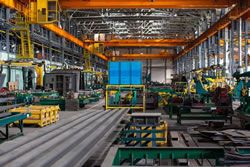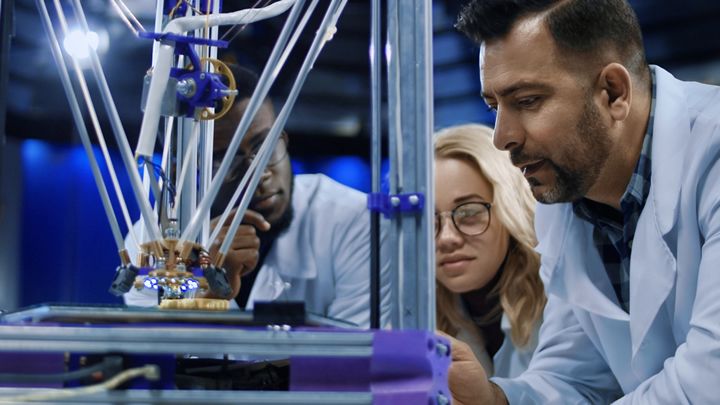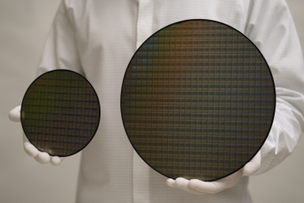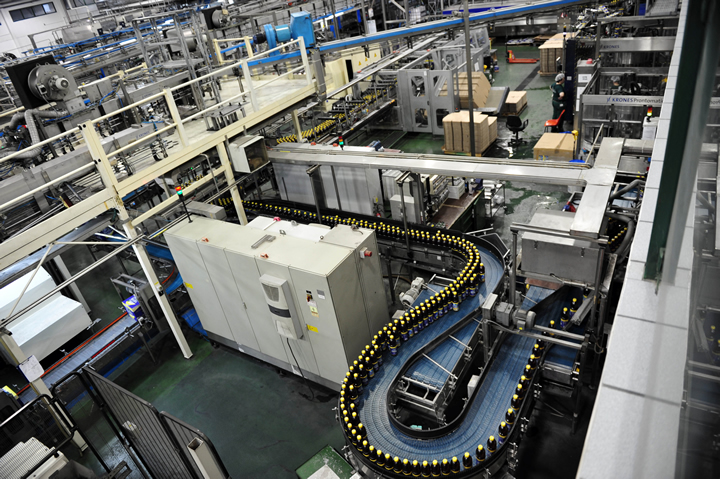Why Economic Uncertainty Demands a Real-Time Manufacturing Strategy
Must-Have AI Features in your next ERP: Why AI-Enabled ERP Is a CEO's Best Investment
Organic Soda Producer Implements Traceability System in Just a Few Weeks
What's Your Factory's Lean Maturity Score?
Strengthening Cybersecurity Measures as Threat Actors Set Their Sights on the Manufacturing Industry
9 Evidence-Backed Predictions for the Next Decade of Auto Part Manufacturing
Sustaining a Positive Manufacturing Workplace in an Evolving AI World
The Next Industrial Epoch is Here: Why Acting Now is a Strategic Imperative for Manufacturers
Why Automation, Not Wafer Size, Determines Semiconductor Fab Cycle Time
How Real-Time Manufacturing Operations Drive Competitive Advantage in Volatile Markets
How to Employ AI in Manufacturing Sales
AI in Manufacturing: Why Now Matters
Using AI to Solve the "Execution Gap" in Manufacturing
The Library of Machine Malfunctions and Changing the Factory-Worker Relationship
When Clean is the Key to Precision
Records 31 to 45 of 3076
First | Previous | Next | Last
Featured Product

FLIR Si1-LD - Industrial Acoustic Imaging Camera for Compressed Air Leak Detection
Manufacturing and Automation - Featured Company


.jpg)



.jpg)
.jpg)








